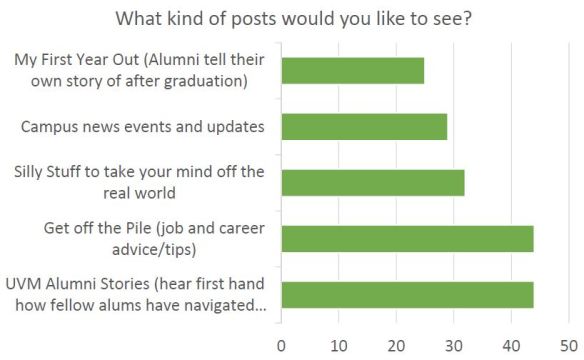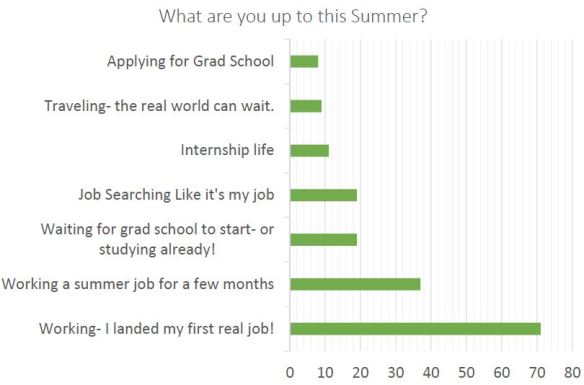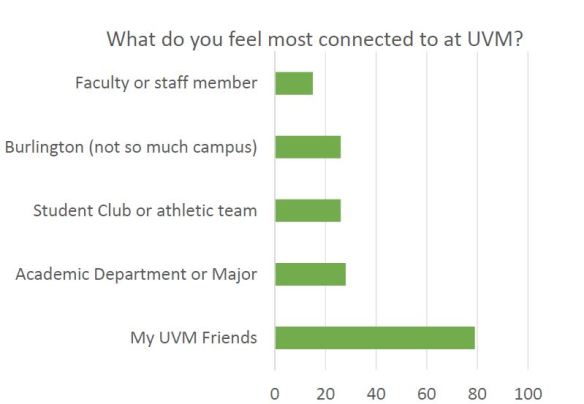Check out our latest installment of the podcast series!
Grab your headphones, get outside, and stretch your legs for a few minutes while you listen to two alumni talk about what they love about UVM (and what advice they have for you)
Ryan sat down for an interview with two UVM alumni: Penrose Jackson ’70 and Katherine Ash ’10.
Penrose currently serves as President of the Alumni Association Board of Directors, and Kate is currently part of the UVM Foundation Fellows program. They graduated 40 years apart, but you can listen to how UVM has played an important role in both of their lives.
Some highlights from the interview:
Penrose was a student here during the height of the Vietnam war, and graduated the same year as Kent State. (Here’s the Wiki if you need a refresher). Many of her classmates wore black armbands to graduation, and overwhelmingly felt disenfranchised from their college experience.
Because of the feeling of the time, she never really connected with the university until the first Vermont Regional board was created.
Upon reconnecting with the university as an alumni, she felt entirely different.
“I discovered a university very different from the one I had known, which was was far more dynamic, far more intellectually engaging than the one I had encountered as a student.”
On advice for recent grads:
Penrose: “Be Curious. For it’s really about staying curious and staying true to your values. If you do those two things, you will have memories in life.”
Kate: “Don’t feel compelled to stay in a track. For many of us in the social sciences or physical sciences, or those of us who feel like we must pursue a masters or a PhD or join a fortune 500 company.
We don’t always do the deep evaluation and deep reflection about why our priorities are the way the are. So i would say not only be curious but be creative. Find something that’s truly yours… Also, start saving for retirement.”
Favorite memory from UVM:
Penrose: “We were still handed Beanies as freshman. And I thought we were supposed to wear them. I remember going out in the hall and being the only one wearing my beanie.
And we still had curfews! And there was an unconfirmed urban legend that girls (we were girls then, not women) that girls could not wear pants to class if it was above 0. This was the end of the sixties, and this all changed dramatically in the four years that I was here.”
Kate: “I took a trip called Alternative Spring Break when i was a junior, or maybe a sophomore. We went down to Lexington, MS, just two years after Hurricane Katrina.
It was such an eye opener for me… I learned so much about that part of the country, and actually it was what inspired me to put New Orleans as my first pick on my Teach for America application, so I could get back to that region and contribute.”
















You must be logged in to post a comment.